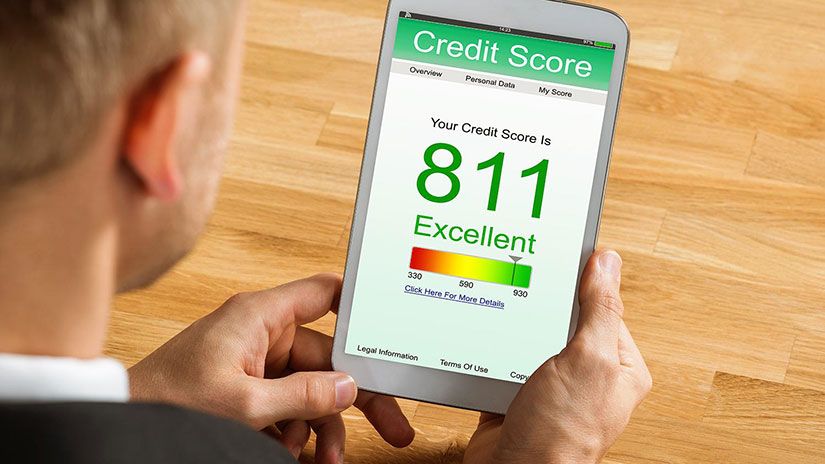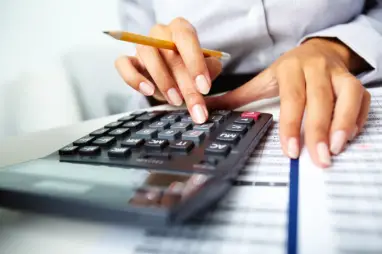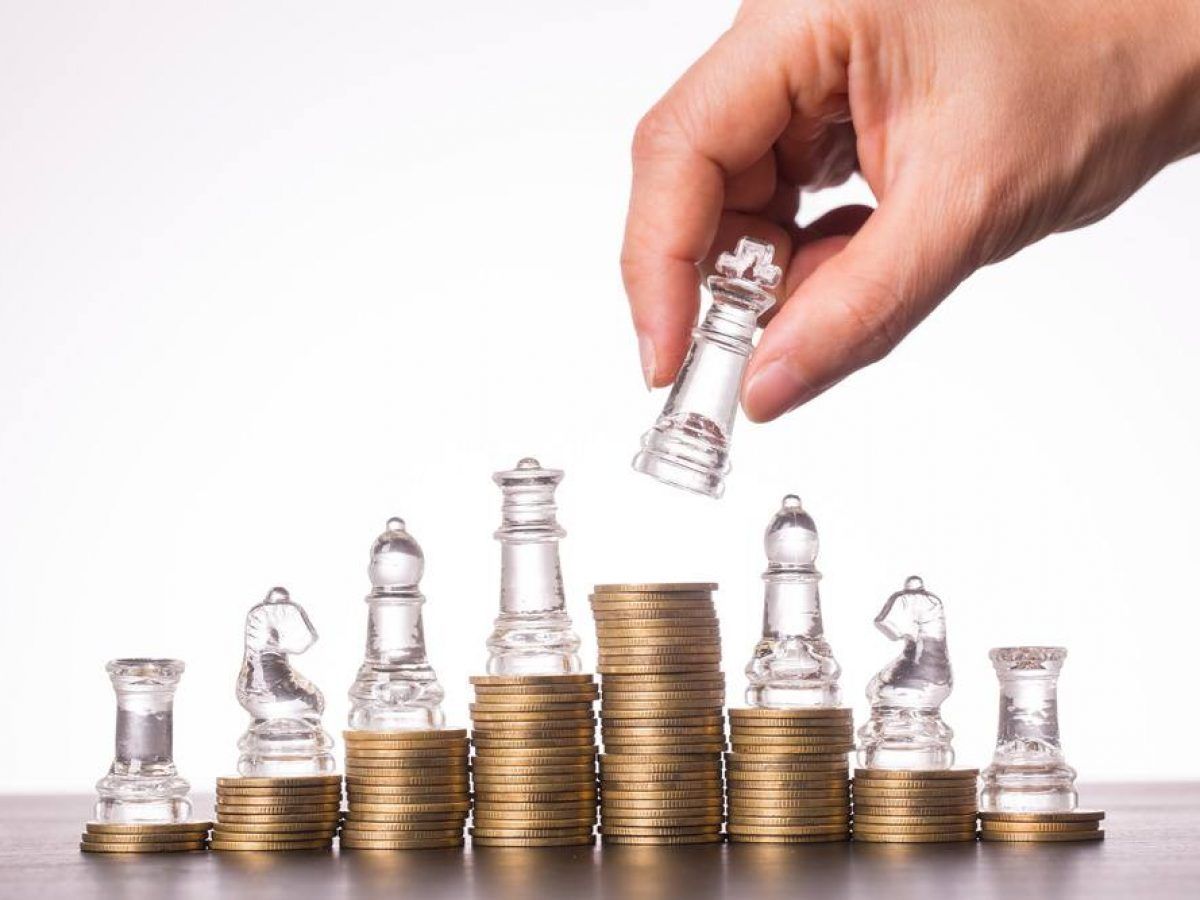
It is clear that indebtedness is one of the biggest financial problems for many people.
The need to finance everyday expenses, pay bills, purchase important goods and services such as a car or a house, are some of the reasons why many people have debts.
However, debt can become a problem if it is not managed properly.
Analyze your income and expenses
In order to get out of debt and improve your credit history, it is essential that you analyze your income and expenses.
To do this, you can follow these steps:
- Make a detailed list of all your monthly expenses;
- Calculate how much money you have left after paying all your expenses;
- Identify areas where you can reduce your expenses;
- Establish a realistic budget and follow the financial plan you have created.
Create an effective budget
In order to get out of debt and improve your credit history, it is essential that you learn how to create an effective budget.
Here are some steps you can follow:
- Analyze your income and expenses;
- Establish short and long term financial goals;
- Prioritize your expenses and eliminate unnecessary ones;
- Save at least 10% of your monthly income;
- Use tools such as budgeting applications to constantly keep track of your finances.
Remember that the key to maintaining an effective budget is discipline and consistency.
Prioritize your debts
To get out of debt it is necessary to be clear about which are the most important debts that we must pay.
It is advisable to make a list of all our debts and order them by priority, taking into account the following aspects:
- Interest: The debts with the highest interest should be the first to be paid;
- Maturity: Debts with the closest maturity date should also have priority;
- Total amount: Debts with larger amounts may be more difficult to pay, but if they are prioritized they can be reduced faster.
Debts with high interest rates
Debts with high interest rates are the most difficult to pay, since the longer you spend paying, the more money you will have to give to the financial institution.
To get out of these debts, the first thing you should do is to prioritize the payment of those with the highest interest rate.
You can do this by creating a table or list of all your debts and the percentage you pay in interest.
Remember to always pay at least the minimum to avoid incurring additional charges and to avoid damaging your credit history.
Secured Debts
If you are dealing with a debt that has collateral, such as an auto or mortgage loan, it is important that you prioritize paying these debts before unsecured debts.
If you can't make your payments on time, you could lose the property you are using as collateral.
If you find yourself in this situation, it's best to talk to your lender to discuss payment options.
Some possibilities include refinancing the debt or modifying the terms of the loan to reduce the monthly payments.
Negotiate with your creditors
One strategy to get out of debt and improve your credit history is to negotiate with your creditors.
First, you should contact them to set up a payment arrangement.
If you cannot pay the debt in full, ask if you can make partial payments or restructure the debt.
You may also consider engaging the services of a financial advisor to help you negotiate with your creditors and establish a debt management plan.
Consider debt consolidation solutions
One effective way to get out of debt is to consolidate all of your debts into one monthly payment.
This can be done through a personal loan or a credit card with a low interest rate and a high limit.
By consolidating your debts, you can get a lower interest rate and a longer repayment term, which will lower your total monthly payment.
However, keep in mind that by extending the term, you will pay more interest in the long run.
Don't apply for more credit or loans until you get out of debt
If you're in a debt situation, the last thing you need is to take on more financial commitments.
While it may be tempting to take out a new loan to pay off old ones, this will only make your situation worse.
Instead, it's important to make a plan to get out of your current debt before you consider taking out more credit.
Try to reduce your expenses and increase your income to pay off your debts as quickly as possible.
Maintain a good credit history over the long term
To maintain a good long-term credit history, it is important to follow these tips:
- Pay your bills on time;
- Don't use more than 30% of your credit limit;
- Don't apply for too many credit cards or loans;
- Keep your credit accounts open for a long time;
- Check your credit report regularly to detect errors and correct them immediately.
Follow these tips and you will have a healthy credit history that will allow you to obtain loans and credit cards with better conditions in the future.



